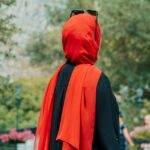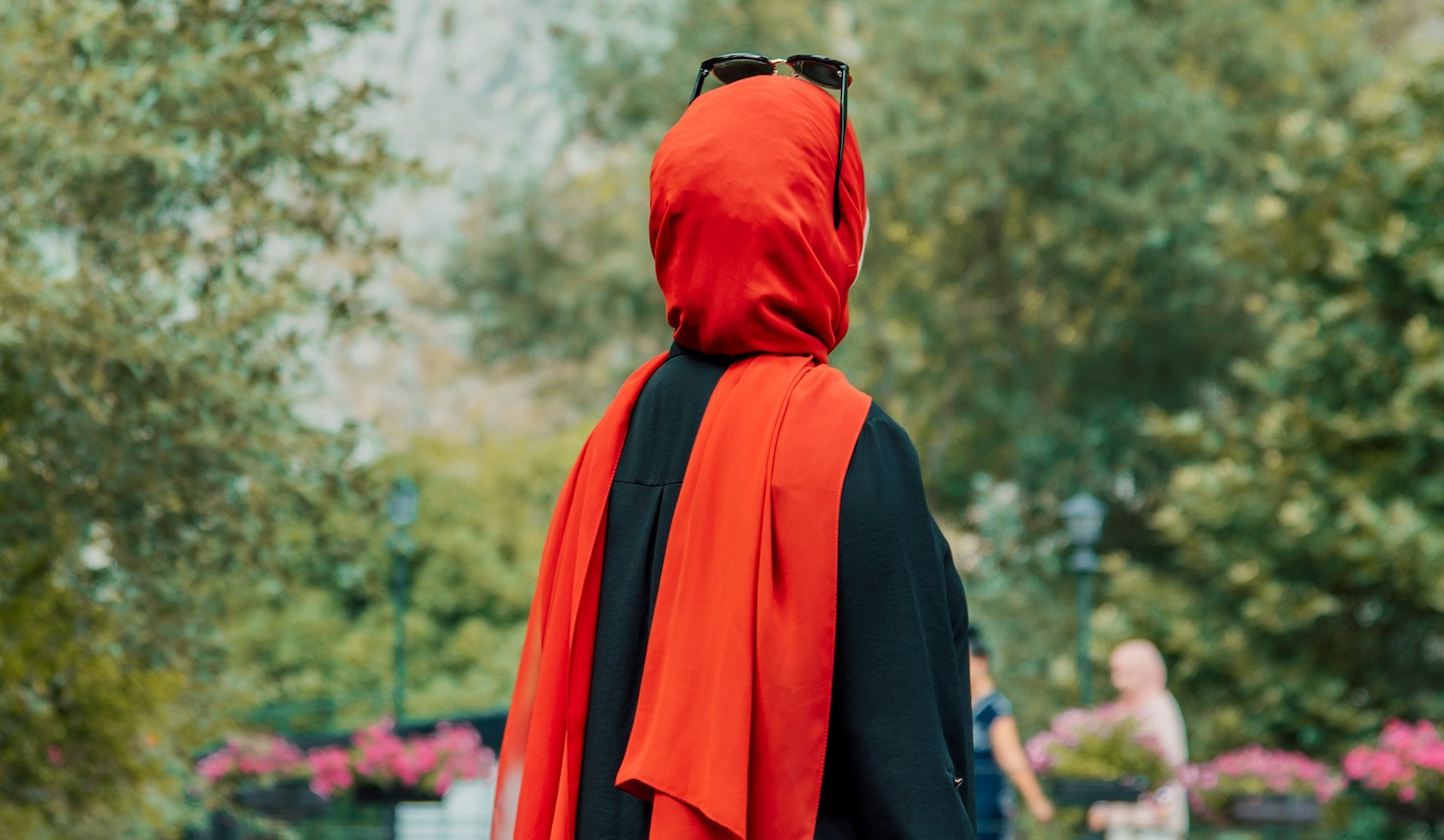As a lesbian Muslim, I know the far right violence didn’t just begin last week

Just Like Us ambassador Maryam Khan reflects on the Islamophobia and anti-South Asian racism which have culminated in far right violence across the UK.
WORDS BY MARYAM KHAN

The televised scenes of destruction and burning mosques, alongside the distraught families and communities in their wake, are leaving me feeling devastated. The Muslim communities targeted in small Northern towns mirror those in my home of East London, and imagining their destruction is filling me with profound dismay.
I can’t help but think that my community could be next. The images of innocent elderly men standing amidst the ruins on the news are truly impactful. I can tell these men have worked tirelessly to contribute to the country and provide for their families. They remind me of my late grandfather.
I feel fear for the women who wear their traditional dresses and headscarves with so much pride even during these unprecedented times, their strength reminds me of my mum and grandmother. What’s happening in these northern areas could happen next in London; there are more marches planned so it’s not so far removed from reality.
“This is the result of decades of violence, and harmful narratives perpetuated against South Asians and Muslims.”
As a queer Muslim, I know full well that the far-right protests did not just start last weekend. Racism and Islamophobia did not begin last week either. This is the result of decades of violence, and harmful narratives perpetuated against South Asians and Muslims.
What’s happening now is reminiscent of the experiences my grandparents and dad shared with me when they first arrived in the UK in the 1960s from Pakistan. This was the time when members of the National Front targeted individuals who appeared to look South Asian, subjecting them to violent attacks, resulting in numerous fatalities. They referred to this dehumanising behaviour as ‘P*** bashing’. During this time, my father, his brothers, and their friends, who were all school-aged children, used to run home from school because skinheads would throw bricks at them. People of colour couldn’t set foot in areas like Canning Town without encountering violence. It feels like very little has changed since then. I know that my family’s experience isn’t unique; many people my age have heard the same stories from their parents or grandparents.
Historically, racism against South Asian people has always been downplayed, and we have always been the face of racist stereotypes and victims of micro-aggressions. We’re often expected not to complain because we’re seen as the model ethnic minority.
View this post on Instagram
Right now, I feel prouder to be visibly Muslim more than ever. As a masculine-presenting lesbian woman of the Muslim faith, I have found myself in a unique position when it comes to perceptions of safety and identity.
Walking through different parts of East London at night, I have often felt safer in areas with a predominantly Muslim population than in predominantly white neighbourhoods—a sentiment that challenges prevailing stereotypes. Having lived most of my life in a predominantly South Asian community, I have experienced the occasional stares, yet I have never felt verbally or physically threatened. This starkly contradicts the prevailing narrative that all Muslims are inherently violent or pose a threat to others—a misconception perpetuated by certain segments of the media.
The mainstream media’s portrayal of Muslims as solely violent, backward, and ignorant has only served to perpetuate damaging stereotypes. This becomes particularly evident in the current climate, with many Western and LGBTQ+ media failing to acknowledge the rising racism and Islamophobia fuelled by far-right marches.
It’s important to acknowledge that failing to address racism and Islamophobia excludes queer and trans Muslim individuals, as well as anyone who may be perceived as being Muslim. It seems like a part of the LGBTQIA+ community is being silenced and told that they are not welcome. This is something I have personally experienced.
“It’s time to strive for a better understanding and to be a strong ally to the Muslim community.”
I’ve always felt that the white queer community couldn’t see past my race and religion to accept me fully. I’ve lost count of the number of times I’ve been reminded that religion has no place in the LGBTQIA+ community because it is oppressive and outdated.
I’ve also received unsolicited advice from other LGBTQIA+ people who said they could never date a Muslim because they are too extreme and have backward families. Comments like these make many Muslims feel excluded from the community, causing further alienation. It’s not just LGBTQ+ Muslims that are being isolated. It’s a whole population. It’s the Muslims you work with, your Muslim neighbours, and local business owners.
The only thing I have left to say right now is that it’s important to check in on your Muslim and South Asian friends. Offer your support.
It’s time to strive for a better understanding and to be a strong ally to the Muslim community. If you have a platform, it’s crucial to use it to demonstrate support for Muslims and speak out against racism and Islamophobia.
Maryam is an ambassador for Just Like Us, the LGBT+ young people’s charity. You can volunteer with the charity or support their work today.
The post As a lesbian Muslim, I know the far right violence didn’t just begin last week appeared first on GAY TIMES.
Go to Source
Author: Maryam Khan
